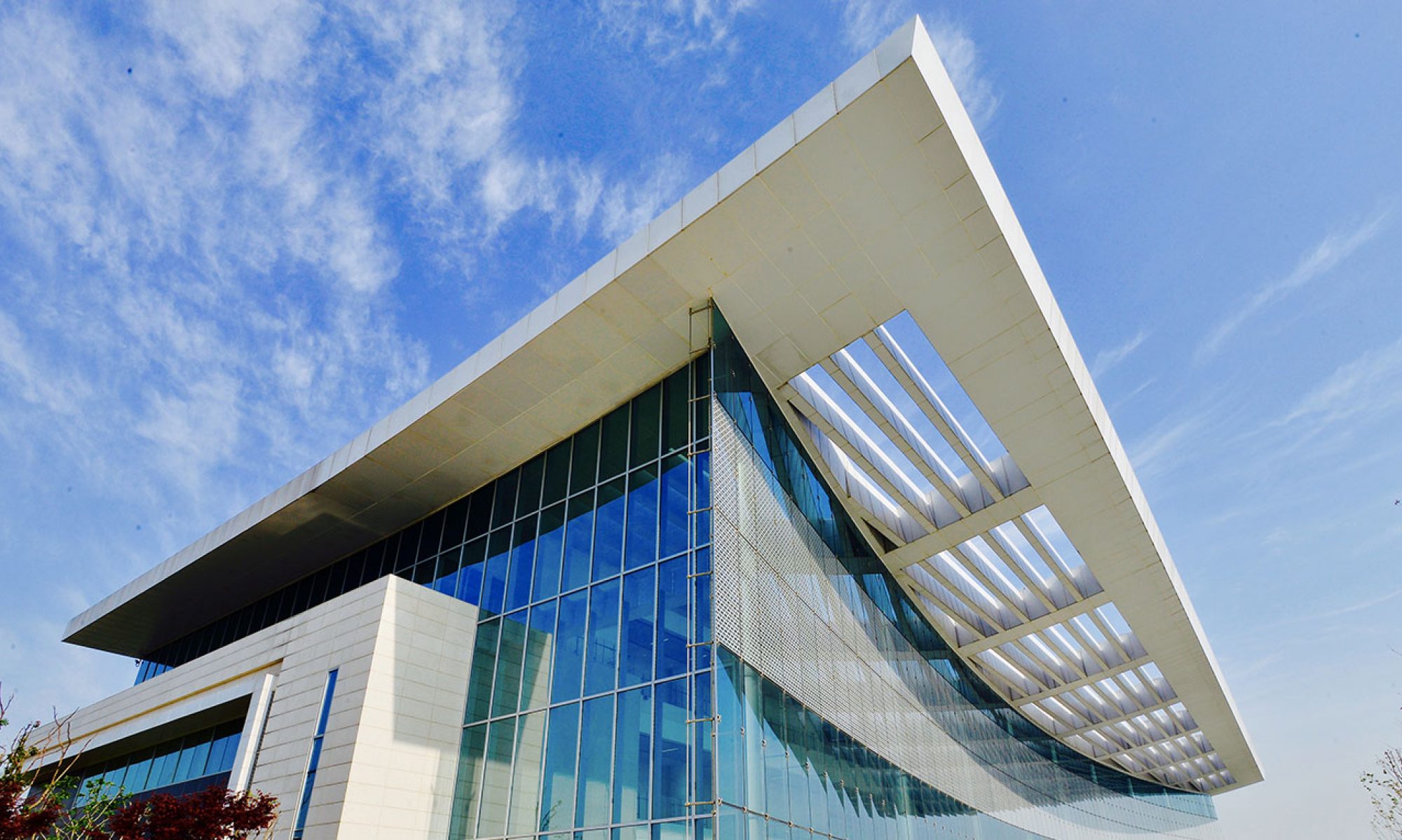Last month the Humanities Research Center co-sponsored and participated in three cross-cultural dialogues in Italy. The first, at the Pari Center, brought academics from China, Europe and the USA together for a five days of intensive dialogue on East-West philosophy in relation to sustainability. Discussion sessions in the morning and afternoon were complemented by relaxed lunches and dinners at the local restaurant in the village of Pari, about 30km south of Siena.
The events in Pari were followed by two dialogues in Rome. The first took place at La Sapienza University in Rome, where the topic of east-west philosophical dialogue continued in the presence of faculty and graduate students in the Italian Institute for Oriental Studies.
The series of events culminated in a high-level two-day meeting at the Pontifical Academy of Social Sciences (PASS) inside the Vatican City, chaired by Cardinal Peter Turkson. This event was both cross-cultural and interdisciplinary, featuring economists from PASS and other institutions in dialogue with philosophers and other experts in Chinese culture. This Dialogue Between Civilizations on Global Commons invited academics to consider the underlying philosophical and ethical issues in the United Nations’ seventeen Sustainable Development Goals. DKU professor Xiang Zairong spoke on the topic of gender equality, and HRC co-director James Miller spoke on the topic of climate change.
As a result of the HRC’s co-sponsorship of these events, DKU was able to bring two students, Tianyu Zhang (DKU ‘24) and Siyu Wang (DKU ‘25) to participate in the events.
Ms. Wang said, “The conference in the Vatican City offered me a unique perspective on how critical issues such as the sustainable development goals set by the UN are discussed and addressed by a diverse range of stakeholders, each with their own backgrounds and employing various approaches.”
It was an invaluable experience for the students and the professors to join in the various dialogues and also to participate in a closed, high level event at the Vatican. The dialogues revealed profound philosophical differences regarding the underlying values embedded in the SDGs, and their interpretation within different civilizational frameworks. There was an intensive discussion on how key Chinese cultural concepts such as 仁 (ren; benevolence, humanity), 福 (fu; good fortune), 富 (fu; wealth) and 繁荣 (fanrong; flourishing) should play a role in articulating the SDGs within a Chinese context and might contribute to a more globalized discussion of the ethical values and worldview underpinning the transition to an ecologically sustainable civilization. This demonstrated the necessity for further cross-cultural research among the world’s philosophies and religions on the topic of the United Nations’ sustainable development goals.

